Decade old law implemented to protect species trade
(CNS): A law passed in Cayman in 2004 that had not come into force has finally been implemented to manage and protect the trade of plants and animals. The Endangered Species (Trade and Transport) Law, 2004 (ESTTL) will not only prevent people from removing and selling protected endemic flora and fauna, but it will also facilitate lawful trade. Environment Minister Wayne Panton said the law would help the local economy by regulating the trade of both locally occurring and CITES-listed species, like black coral and queen conch.
Convention on International Trade in Endangered Species of Wild Flora and Fauna (CITES) is an international agreement for global species conservation that has been extended by the UK to Cayman. It subjects international trade in specimens of selected species to certain controls.
“We must have proper mechanisms in place that allow local vendors who sell these products to international clients to trade in these species in ways that are completely compliant with the CITES framework,” Panton said in a release announcing the implementation of the law which makes Cayman compliant with the UK’s international trade laws on endangered species.
One of those mechanisms is the Scientific Advisory Committee, created in the ESTTL in order to advise government in relation to the law, to ensure that its intent is upheld. Department of Environment Director Gina Ebanks-Petrie, who will chair the committee, said the ESTTL replaces the previous Cayman Islands CITES legislation — the Endangered Species Protection and Propagation Law (1999 Revision).
She said ESTTL intersects with the National Conservation Law, 2013; Animals Law (2013 Revision); and Plants (Importation and Exportation) Law (1997 Revision) in relation to the importation of live specimens of listed species.
People applying for import or export permission under any one of these laws are still advised to apply for matching permissions under the other laws, as relevant.
But the ESTTL, Part IV deals with the registration of businesses and people selling or carrying out other activities with listed species and will improve Cayman’s ability to track and control that trade.
Ebanks-Petrie said the law would make it harder for poachers to ‘launder’ species that are taken illegally.
“By making it harder for poachers, we’ll make it easier for business owners who are conducting transactions in the legal international trade of listed species,” Ebanks-Petrie said, noting that Part IV of the ESTTL will be brought into force at a later date but until then, Cayman is continuing to track and control international trade under previous legislative provisions.
Officials also revealed that only certain air and sea ports in Cayman would be designated to handle imports and exports, which will improve the inspection process for plant and animal species listed in CITES that are being traded through the Islands.
The law is being amended to meet the changes since it was passed over eleven years ago, officials said, to ensure that Cayman is fully compliant to avoid international trade restrictions that may be imposed on noncompliant jurisdictions in 2016.
But even in its current form, the ESTTL provides greater oversight for permits, importations, and other activities related to the trade and transportation of locally and internationally listed endangered species and extra safeguards for endemic flora and fauna.
Category: Laws, Marine Environment, Politics, Science & Nature





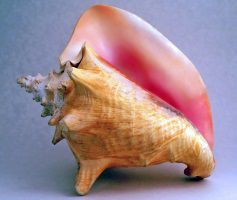









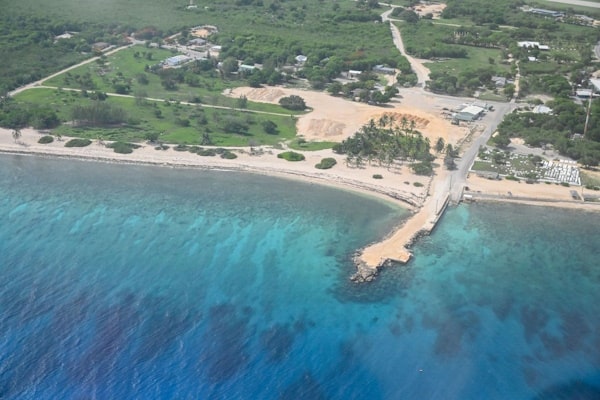
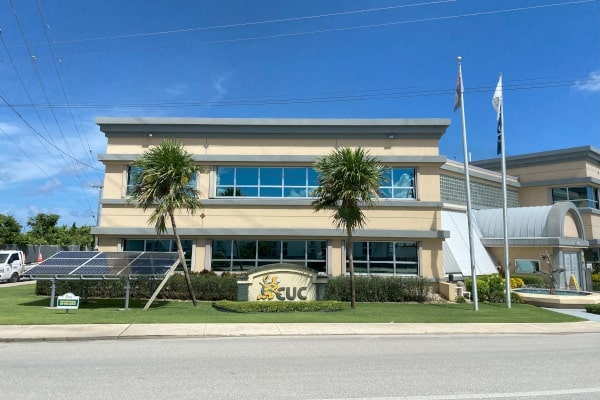




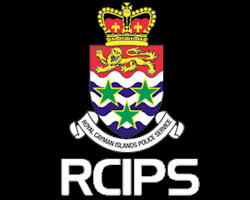



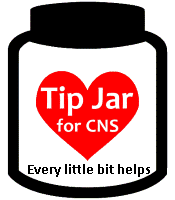








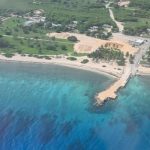


So this means all the lower income people who live in the outer districts who sell shells on the side of the road will be shut down. I’ll believe it when I see it.
The CITES permit is free in Cayman, its a simple form. I hope they were providing you some service other than a CI CITES Permit.
They eat turtles don’t they?
If this law was passed in 2004, how come it is only now being “implemented” as your article states? Pls explain CNS or DOE.
How about properly prosecuting and meaningfully punishing locals who flout laws re conch, lobster, fishing etc rather than turning a blind eye or letting people off? That is what happens in a place riddled with corruption.
Since you see it happening you report it. Call 911 then post the date/time here so it can be followed up publicly. – Bet you won’t because its not as prevalent as you want to believe it is.
It is everywhere. Legge was right. You simply do not recognize it.
Get in your car.
Drive towards Turtle Farm from SMB. Just as you go past the first boar ramp there is guy on corner selling Queen Conch shells.
Drive through West Bay towards Calypso Grill. House on right has Queen Conch shells for sale.
Go downtown to Craft Market by waterfront. Queen Conch shells sold there too.
Other vendors are on way out to East End.
No point calling the police as nothing will be done. Police cars drive past these guys every day.
So here’s the kicker. When I first arrived in Grand Cayman 30 years ago you could jump off a boat in the North Sound and pick up a dozen conchs in minutes.
Try doing that now.
Thumbs down to my challenge but I have yet to see anyone accept it, and I’ve posted it a few times on different threads. – Things that make you go hmmm.